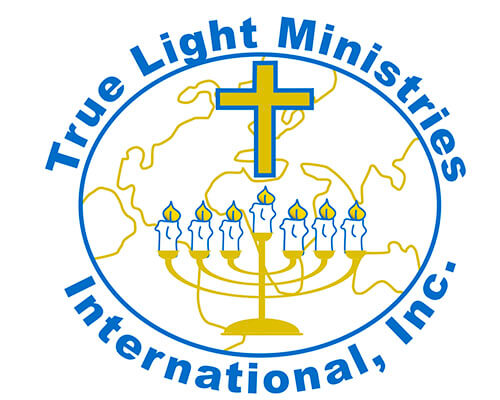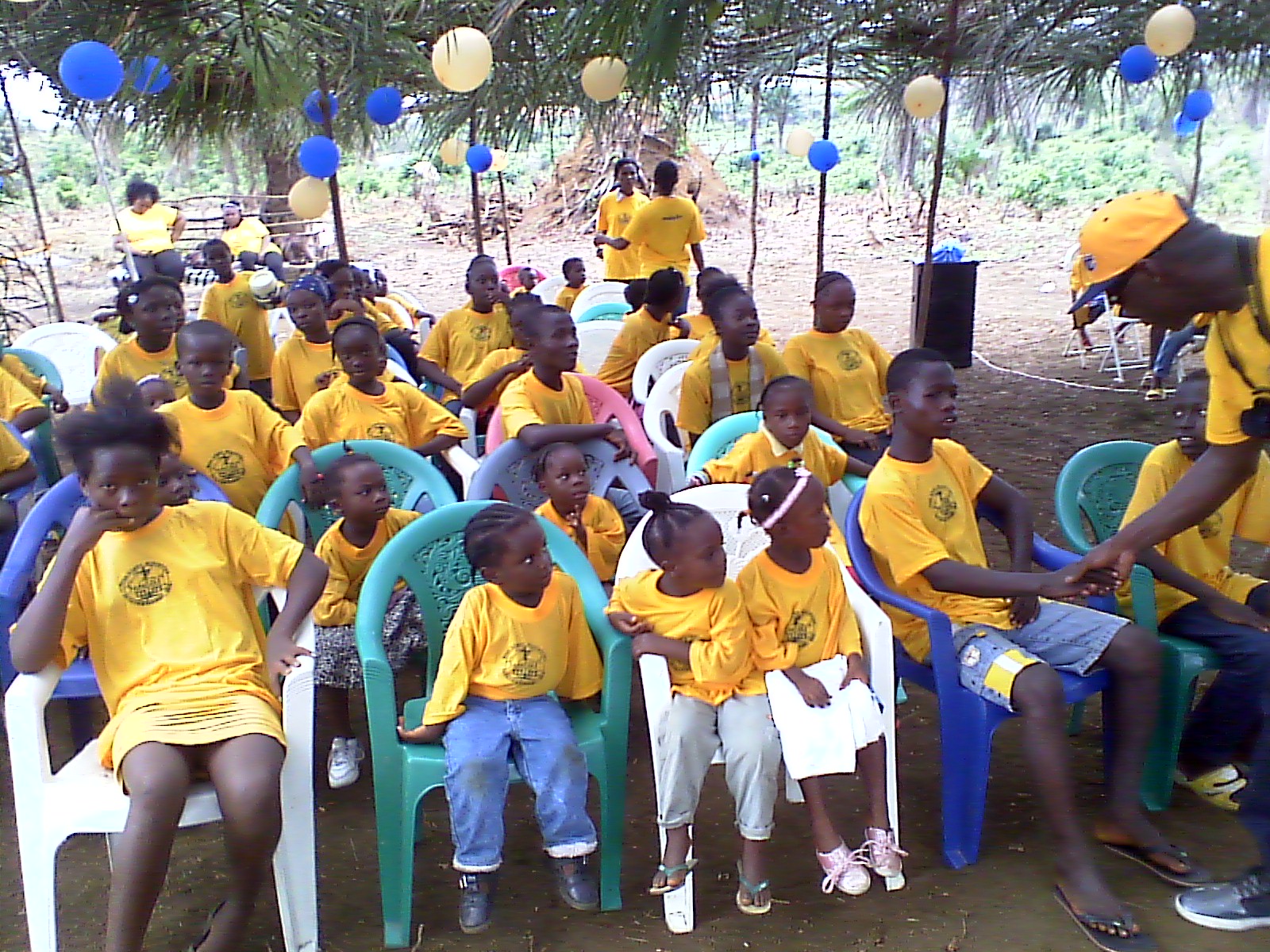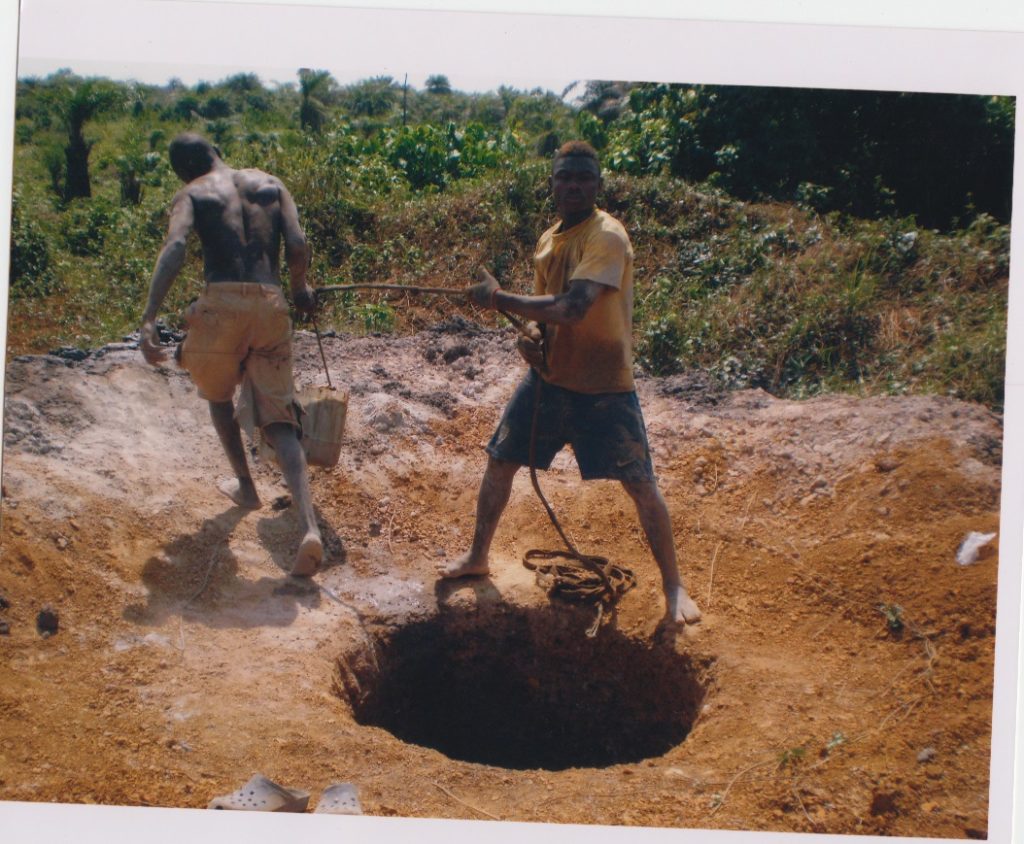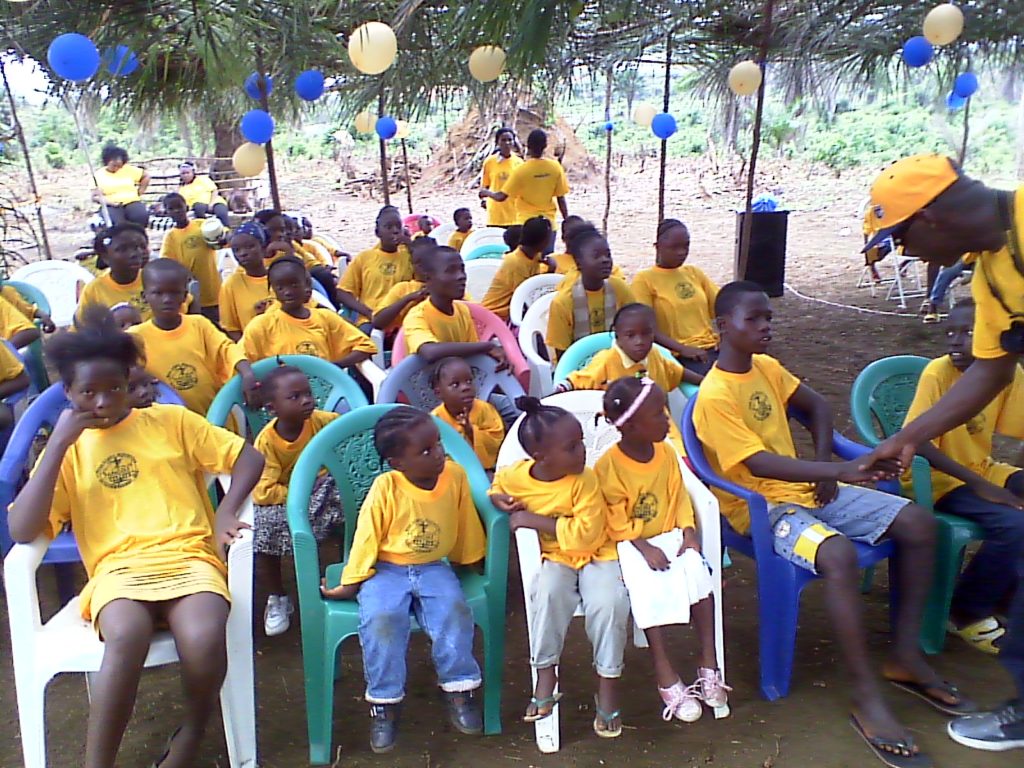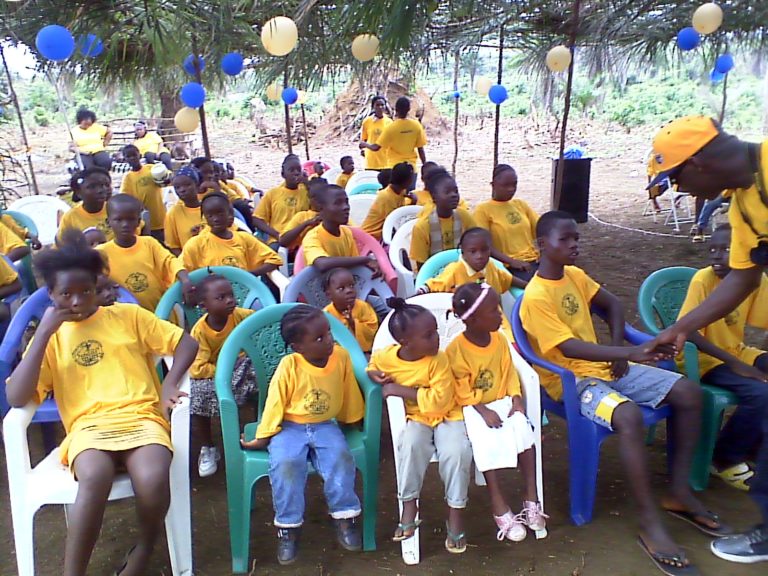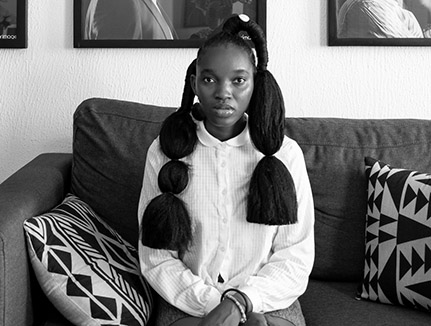Education is the cornerstone of societal development, shaping the minds and futures of nations. In Liberia, a nation with a rich cultural heritage and a determination to overcome historical challenges, education remains a crucial avenue for progress. However, the country grapples with several significant issues that impede the realization of a robust and inclusive educational system. In this article, we shed light on some of the key education problems in Liberia and explore potential solutions to address these pressing concerns.
1. Access to Quality Education
One of the most critical education problems in Liberia is the unequal access to quality education. Disparities exist between urban and rural areas, where many remote communities lack proper schools and qualified teachers. As a result, children in rural regions face limited opportunities to access a well-rounded education, perpetuating the cycle of poverty and hindering social mobility.
2. Infrastructure and Resources
Inadequate infrastructure and a lack of educational resources pose significant challenges to the learning environment in Liberia. Many schools struggle with dilapidated buildings, insufficient classrooms, and a shortage of essential learning materials. This hampers the ability of educators to deliver quality instruction and restricts students’ ability to maximize their potential.
3. Teacher Training and Retention
The shortage of trained and qualified teachers is a persistent concern in Liberia. Many teachers lack proper training and professional development opportunities, which affects their ability to effectively engage students and deliver high-quality instruction. Additionally, teacher retention is a challenge, as the allure of better opportunities abroad or in other professions often draws educators away from the classroom.
4. Curriculum Relevance
The curriculum in Liberia faces criticism for its lack of relevance to the realities of the country and its people. A curriculum that fails to incorporate local context and practical life skills may hinder students’ ability to apply their learning to real-world situations effectively.
5. Gender Disparities
Gender disparities in education persist in Liberia, particularly in remote and impoverished regions. Girls, in particular, face challenges in accessing education due to cultural norms, early marriages, and the burden of domestic responsibilities. Ensuring gender equality in education is essential to empower girls and women and foster more inclusive and dynamic communities.
6. Economic Barriers
For many families, the cost of education remains a significant barrier. School fees, uniforms, and related expenses can be burdensome for low-income households, leading to lower enrollment rates and high dropout rates, especially at the secondary level.
Addressing the Challenges: Pathways to Progress
Addressing the education problems in Liberia requires a multi-faceted and collaborative approach:
- Investment in Infrastructure and Resources: The government and relevant stakeholders should prioritize investing in schools’ infrastructure, ensuring adequate classrooms, libraries, and technology-enabled learning environments. Additionally, providing teachers with the necessary resources and training is crucial to improve instructional quality.
- Teacher Training and Incentives: Encouraging and supporting teacher training and professional development will enhance educators’ capacity to deliver effective and relevant instruction. Implementing attractive incentive programs and competitive salaries can also improve teacher retention rates.
- Curriculum Reform: A comprehensive review and reform of the curriculum can ensure it aligns with the needs and aspirations of the nation. Integrating practical skills, entrepreneurship, and vocational training can empower students to become active contributors to Liberia’s economic growth.
- Promoting Gender Equality: Awareness campaigns, community engagement, and policies that encourage gender equality in education can help overcome barriers faced by girls and women in pursuing education.
- Financial Aid and Scholarships: Implementing scholarship programs and targeted financial aid can alleviate economic burdens on families, especially those struggling to afford education for their children.
Conclusion
Education is a powerful tool for transformation and progress, and Liberia recognizes its pivotal role in building a brighter future for the nation. Confronting the education problems in Liberia requires a collective effort from the government, civil society, international partners, and the local communities. By addressing issues of access, quality, and relevance, and by promoting gender equality and investing in teachers and infrastructure, Liberia can pave the way for a stronger and more prosperous society, where education becomes a catalyst for positive change and lasting development.
